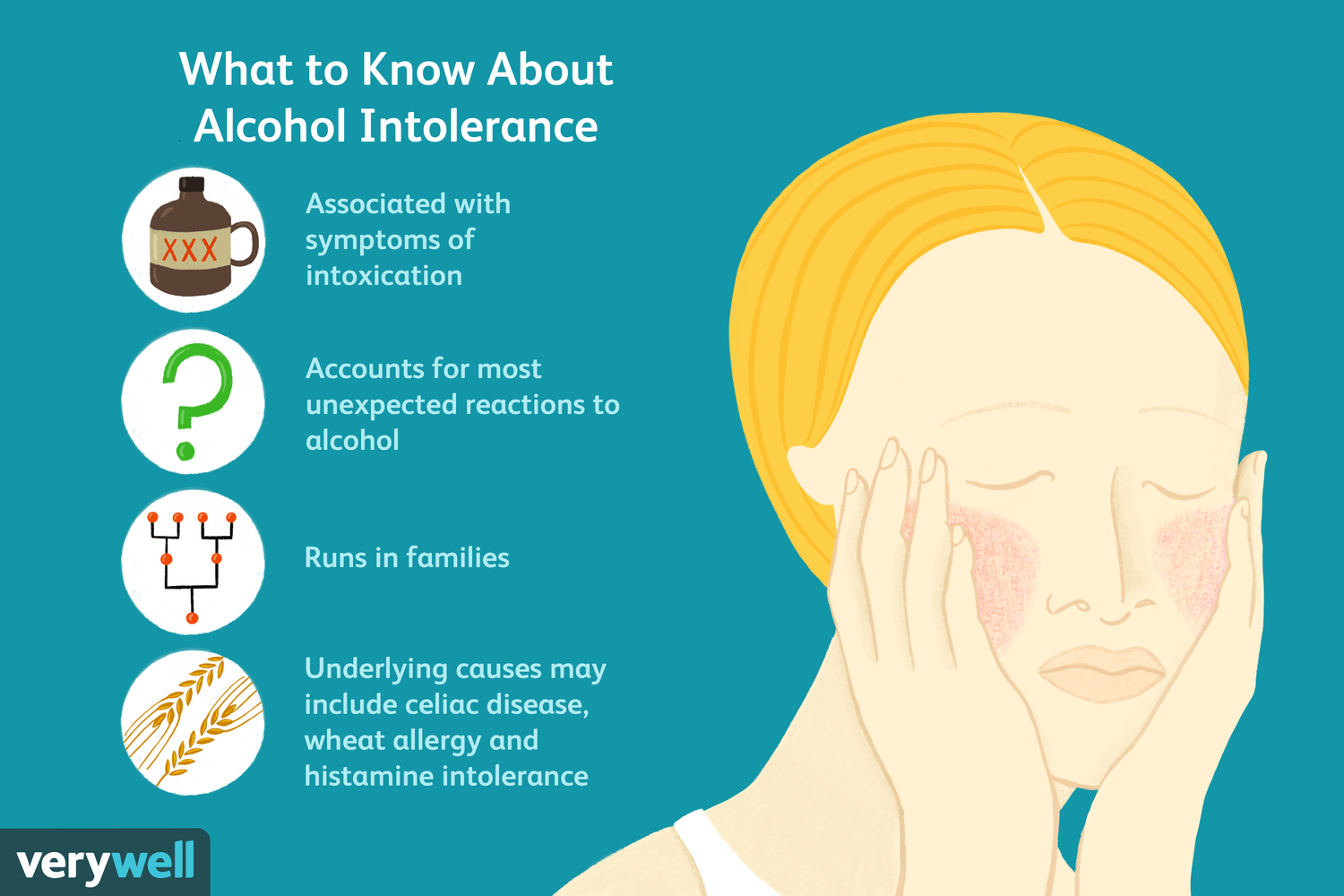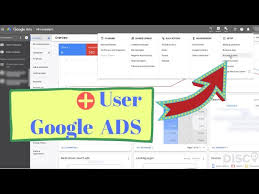Experiencing jaw pain after drinking alcohol can be uncomfortable and disruptive. Whether it’s due to teeth grinding, dehydration, or other factors, finding relief is essential for a pleasant drinking experience. In this comprehensive guide, we’ll explore effective methods to alleviate jaw pain caused by alcohol consumption.
Understanding Jaw Pain After Drinking Alcohol
Before delving into remedies, it’s essential to understand why alcohol can cause jaw pain. Several factors contribute to this discomfort:
- Teeth Grinding: Alcohol consumption may increase the likelihood of teeth grinding, especially during sleep, leading to jaw pain and muscle tension.
- Dehydration: Alcohol is a diuretic, causing dehydration, which can result in muscle cramps and stiffness, including in the jaw area.
- Tension: Stress and tension can exacerbate jaw pain, and alcohol consumption may amplify these effects.
 Tips to Relieve Jaw Pain After Drinking Alcohol
Tips to Relieve Jaw Pain After Drinking Alcohol
1. Hydrate Adequately
Drink plenty of water before, during, and after consuming alcohol to stay hydrated and minimize the risk of dehydration-related jaw pain.
2. Practice Moderation
Limit alcohol consumption and avoid excessive drinking, as it can contribute to dehydration, teeth grinding, and increased muscle tension.
3. Use Warm Compresses
Apply a warm compress to the jaw area to relax muscles and alleviate pain. The warmth helps increase blood flow and reduce tension.
4. Avoid Chewing Gum
Chewing gum can exacerbate jaw pain, especially after drinking alcohol. Opt for softer foods and avoid excessive chewing.
5. Practice Jaw Relaxation Exercises
Perform gentle jaw exercises, such as opening and closing the mouth slowly, to relieve tension and promote relaxation.
6. Massage the Jaw Muscles
Massage the jaw muscles using gentle, circular motions to alleviate tension and discomfort. Focus on the areas where you feel the most pain or tightness.
7. Use Over-the-Counter Pain Relief
Consider taking over-the-counter pain relievers, such as ibuprofen or acetaminophen, to reduce jaw pain and inflammation. Always follow the recommended dosage guidelines.
Preventative Measures
1. Maintain Good Oral Hygiene
Practice proper dental care, including brushing, flossing, and regular dental check-ups, to prevent dental issues that may contribute to jaw pain.
2. Reduce Stress
Implement stress-reduction techniques such as meditation, deep breathing exercises, or yoga to minimize tension and stress-related jaw pain.
3. Address Teeth Grinding
If you suspect teeth grinding (bruxism) is contributing to your jaw pain, consult a dentist about using a mouthguard or other treatments to protect your teeth and jaw.
When to Seek Medical Attention
If jaw pain persists or worsens despite home remedies and preventative measures, consult a healthcare professional. They can evaluate your condition, identify any underlying issues, and recommend appropriate treatment options.
Conclusion
Experiencing jaw pain after drinking alcohol can detract from an otherwise enjoyable experience. By following the tips and remedies outlined in this guide, you can alleviate discomfort and prevent jaw pain from interfering with your social activities. Remember to practice moderation, stay hydrated, and prioritize your oral health to maintain a healthy and pain-free jaw.


